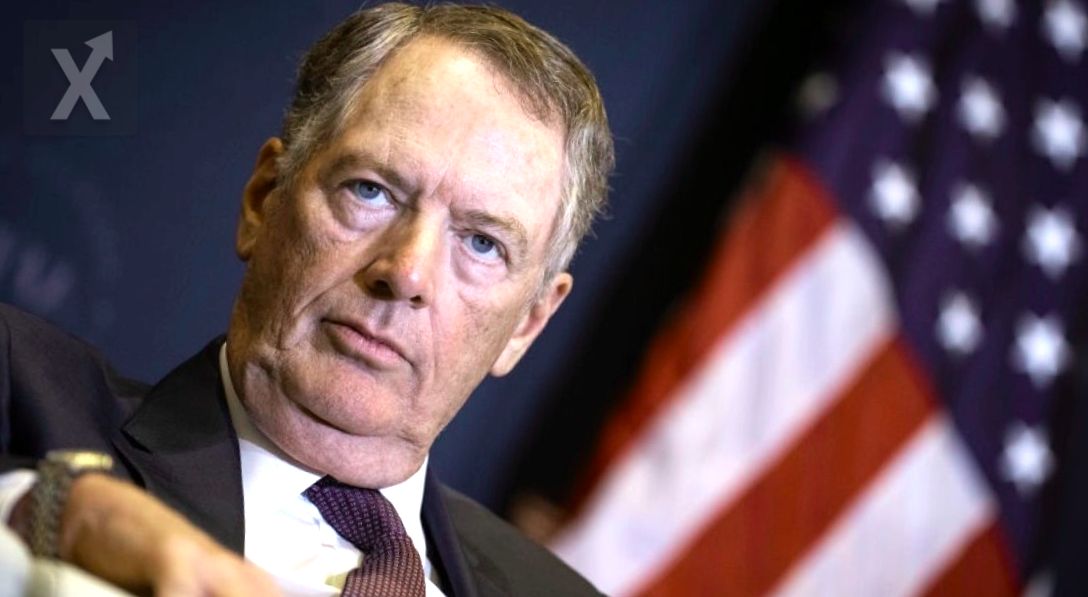The Future of Trump's Trade Strategies is Uncertain

Donald Trump, the elected president of the United States, has not asked Robert Lighthizer, the former Trade Representative, to resume his role in the agency responsible for trade policy in his new administration. This contrasts with a previous article from the Financial Times (FT), according to two sources familiar with the situation. The FT reported that Lighthizer was asked to handle Trump's trade policy from the Office of the United States Trade Representative (USTR), citing individuals who wished to remain anonymous.
One of these sources, who requested to remain unidentified, dismissed the information as “incorrect.” Lighthizer, for his part, did not offer comments on this report or on discussions within the Republican transition team regarding potential cabinet members. This trade lawyer, who has extensive experience in Washington, supported Trump’s campaign for 2024. During Trump's first term, Lighthizer played a key role in imposing high tariffs on Chinese products and renegotiating the North American Free Trade Agreement with Mexico and Canada. In Republican circles, he has frequently been mentioned as a potential candidate for other cabinet positions, including Secretary of the Treasury and Secretary of Commerce. So far, Trump's transition team has not responded to requests for comments. On Thursday, the president-elect announced the appointment of Susie Wiles, one of his two campaign co-chairs, as chief of staff in the White House. Trump intends to push forward his aggressive trade agenda from his first term, which includes a general 10% tariff on imported goods and even higher tariffs on imports from China and other countries. If implemented, these measures could increase consumer prices. The chief representative of China in the U.S. warned on Thursday that there are no winners in trade wars, tariff conflicts, or technology or industry disputes.
This scenario reflects the uncertainty that always accompanies trade decisions in global economies. The implementation of tariffs can generate adverse effects both in the short and long term, impacting not only the U.S. economy but also its trading partners. It is crucial to seek approaches that promote fair competition without jeopardizing the stability of the domestic market and the well-being of consumers.






